 After nine months of foot dragging-negotiations between Overland Park officials and Google Fiber, a last-minute protest by a city council member over an indemnification clause that turned out to be insignificant was the last straw.
After nine months of foot dragging-negotiations between Overland Park officials and Google Fiber, a last-minute protest by a city council member over an indemnification clause that turned out to be insignificant was the last straw.
Now residents of Overland Park are off Google’s upgrade list for gigabit broadband indefinitely.
Service providers often face a minefield negotiating with local governments over issues like zoning, performance guidelines, franchise agreements, and minimizing disruption to the community. Some also face confusion about technology or a lack of understanding that infrastructure projects require careful scheduling and seasonal construction limitations.
In Overland Park, it was “all of the above” say infuriated residents who watched the fiber project slip away at an Oct. 14 city council meeting when lawyers representing Google requested an indefinite continuance.
“Clearly Google was saying to Overland Park and other cities: if you make this process too difficult for us, we will pick up our ball and go play somewhere else,” said Overland Park resident Robert Walch.
Walch said city council members appeared shocked when Google’s representative broke the news. Just a month earlier, council members including Terry Goodman, Curt Skoog, and Richard Collins seemed intent to pelt Google with a range of objections and unusual questions that suggested a lack of basic knowledge about fiber broadband.

Phillip Dampier
According to those in attendance, Skoog in particular seemed far out of his depth, questioning if 1,000/1,000Mbps was fast enough to provide connections for 6-12 computer terminals inside a local school.
Council member Park Lyons patronizingly told Google representatives Overland Park was one of the best cities in the country and he was glad Google recognized as much.
“There is so much excitement about Google Fiber, and I know people think we should blindly go forward, but I think we need to look at this in a dispassionate way and have due diligence,” Lyons explained.
As Google’s representatives continued to field questions about the project even as the 2013 construction season began to wind down, Skoog sensed Google’s growing exasperation, finally asking at an earlier meeting if they were prepared to walk away over what Skoog characterized as a “minor detail.”
The answer, apparently, was yes, much to the surprise of a stunned city council witnessing a privately funded, multi-million dollar broadband improvement project collapsing before their eyes. Damage control for exposed council members likely to face the wrath of voters began immediately, starting with a symbolic, but largely empty resolution expressing the council’s profound interest in the fiber project they just buried.
“It’s disappointing because it would have been nice to have in the schools and the libraries and stuff. I know that the Internet is really spotty at the school,” Katie Lehn, an Overland Park mother told KCTV-5.
“Overland Park made it really, really hard for Google, and Google has a lot of other cities and towns to work with,” noted Walch. “I have to say, if you’re on Overland Park Council now, you have to know that this is your last term.”
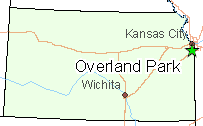 Industry observers agree with Walch.
Industry observers agree with Walch.
“Google maybe wanted to send a louder message that they wanted faster response from other communities to come,” said Donna Jaegers, a telecommunications analyst for D.A. Davidson & Co. “A month delay would not be enough to put off a design like that.”
“Google is sending a negotiating message to any other city: You take our terms, or we’re going to walk,” said Steve Effros, an industry analyst who headed the Cable Telecommunications Association for two decades.
Effros told the Associated Press Google was obviously making an example out of Overland Park, while getting special treatment from other nearby communities that incumbent cable and phone companies never got.
The message that Google is willing to walk away from lucrative, upscale communities like Overland Park over bureaucratic headaches has an impact on both Google and local government. Overland Park is an upscale community of 176,000 within metro Kansas City. The community’s median household income is more than $66,500 a year — excellent prospects to sign up for Google service.
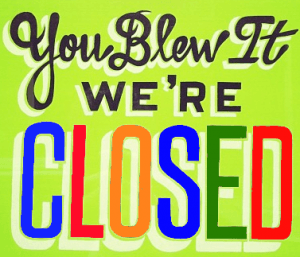 But now Overland Park will have to wait even as neighborhoods around the community get the fiber optic service first.
But now Overland Park will have to wait even as neighborhoods around the community get the fiber optic service first.
“Overland Park wants Google Fiber,” said Overland Park Mayor Carl Gerlach. “The city council is ready to sign on the dotted line. … We’re willing to wait as long as it takes.”
Google isn’t ready to forgive and forget just yet, and communities like Overland Park cannot say they were never warned.
Milo Medin, Google’s vice president of access services, told the media in May that Google was picking communities that make their life easier as the fiber infrastructure is installed.
“In general, we go where it’s easy to build,” Medin said. “If you make it hard for me to build, and there are other places where it’s easy to build, I will probably go to those other places.”
Six months later, nothing has changed.
“We need to refocus our energy and our resources on the communities that are waiting for fiber,” said Google spokeswoman Jenna Wandres.
[flv width=”640″ height=”380″]http://www.phillipdampier.com/video/KCTV Kansas City Overland Park on Hold With Google 10-25-13.mp4[/flv]
KCTV in Kansas City reports Overland Park residents are unhappy Google Fiber is popping up everywhere, but not in Overland Park. (3 minutes)
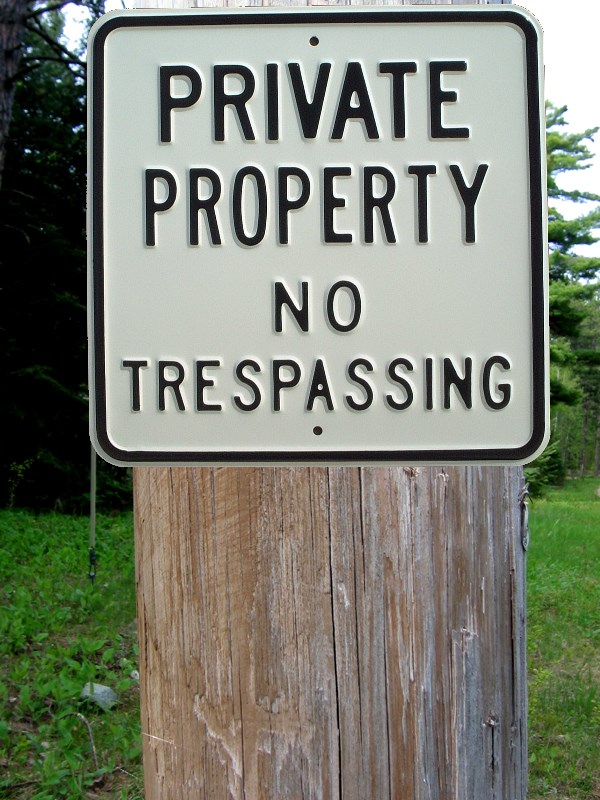 AT&T has informed Google it will not allow the search engine company to use its utility poles to build a fiber optic network that will compete with AT&T’s own GigaPower fiber service, which launched in Austin this week.
AT&T has informed Google it will not allow the search engine company to use its utility poles to build a fiber optic network that will compete with AT&T’s own GigaPower fiber service, which launched in Austin this week.


 Subscribe
Subscribe After nine months of foot dragging-negotiations between Overland Park officials and Google Fiber, a last-minute protest by a city council member over an indemnification clause that turned out to be insignificant was the last straw.
After nine months of foot dragging-negotiations between Overland Park officials and Google Fiber, a last-minute protest by a city council member over an indemnification clause that turned out to be insignificant was the last straw.
 Industry observers agree with Walch.
Industry observers agree with Walch. But now Overland Park will have to wait even as neighborhoods around the community get the fiber optic service first.
But now Overland Park will have to wait even as neighborhoods around the community get the fiber optic service first.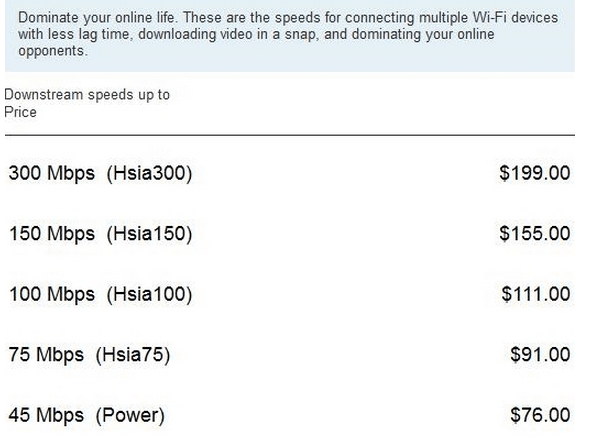

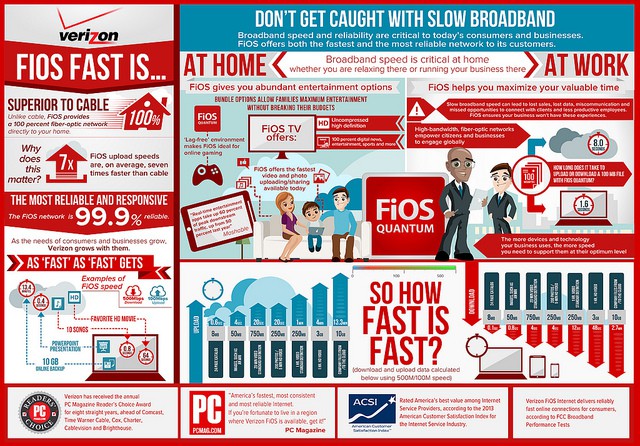

 Google Fiber may not be coming to a Kansas City apartment complex near you.
Google Fiber may not be coming to a Kansas City apartment complex near you. “I don’t know many apartment complexes that have $100,000 in the bank just waiting to be spent,” said Jon Gambill, CRES Management information technology director.
“I don’t know many apartment complexes that have $100,000 in the bank just waiting to be spent,” said Jon Gambill, CRES Management information technology director.